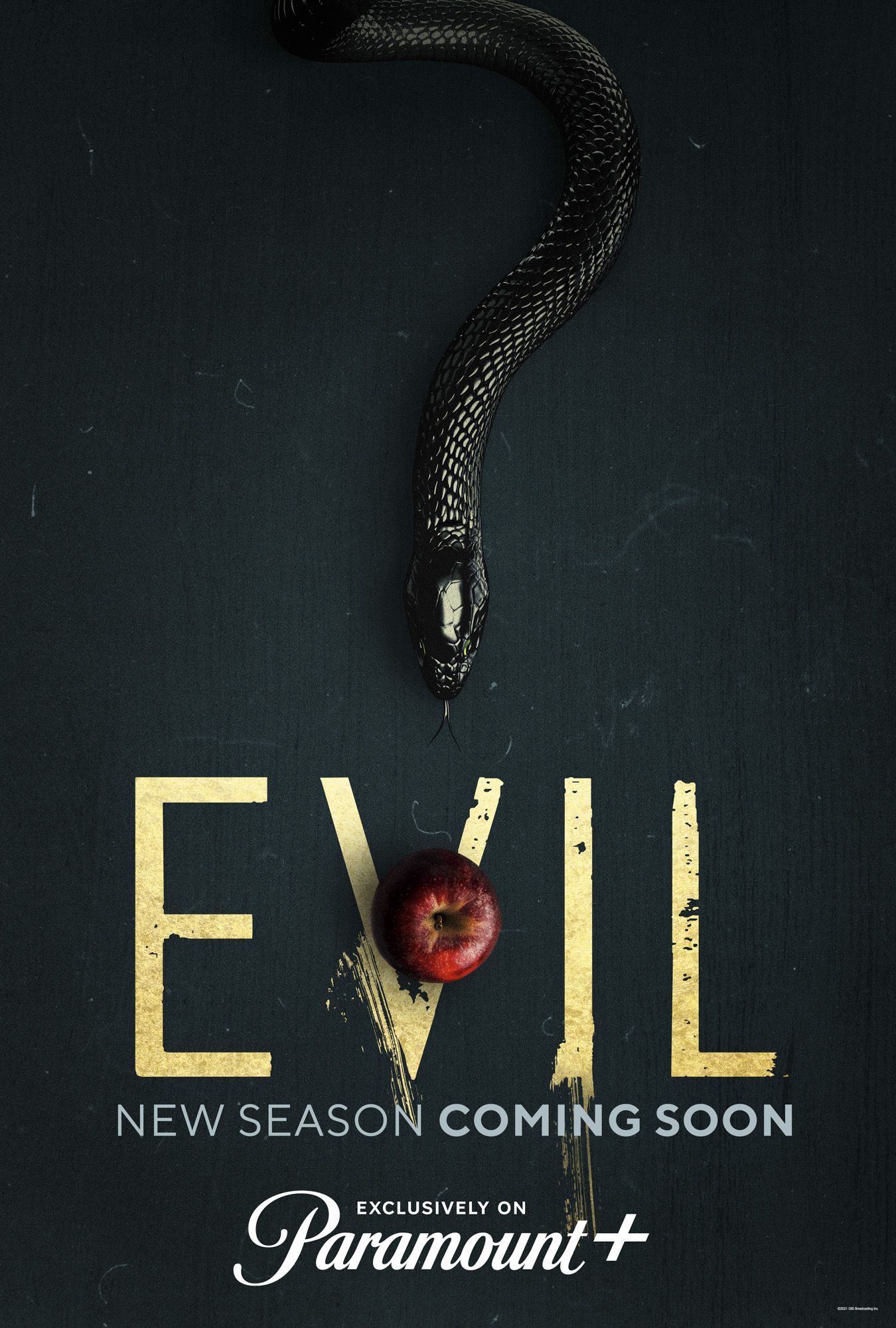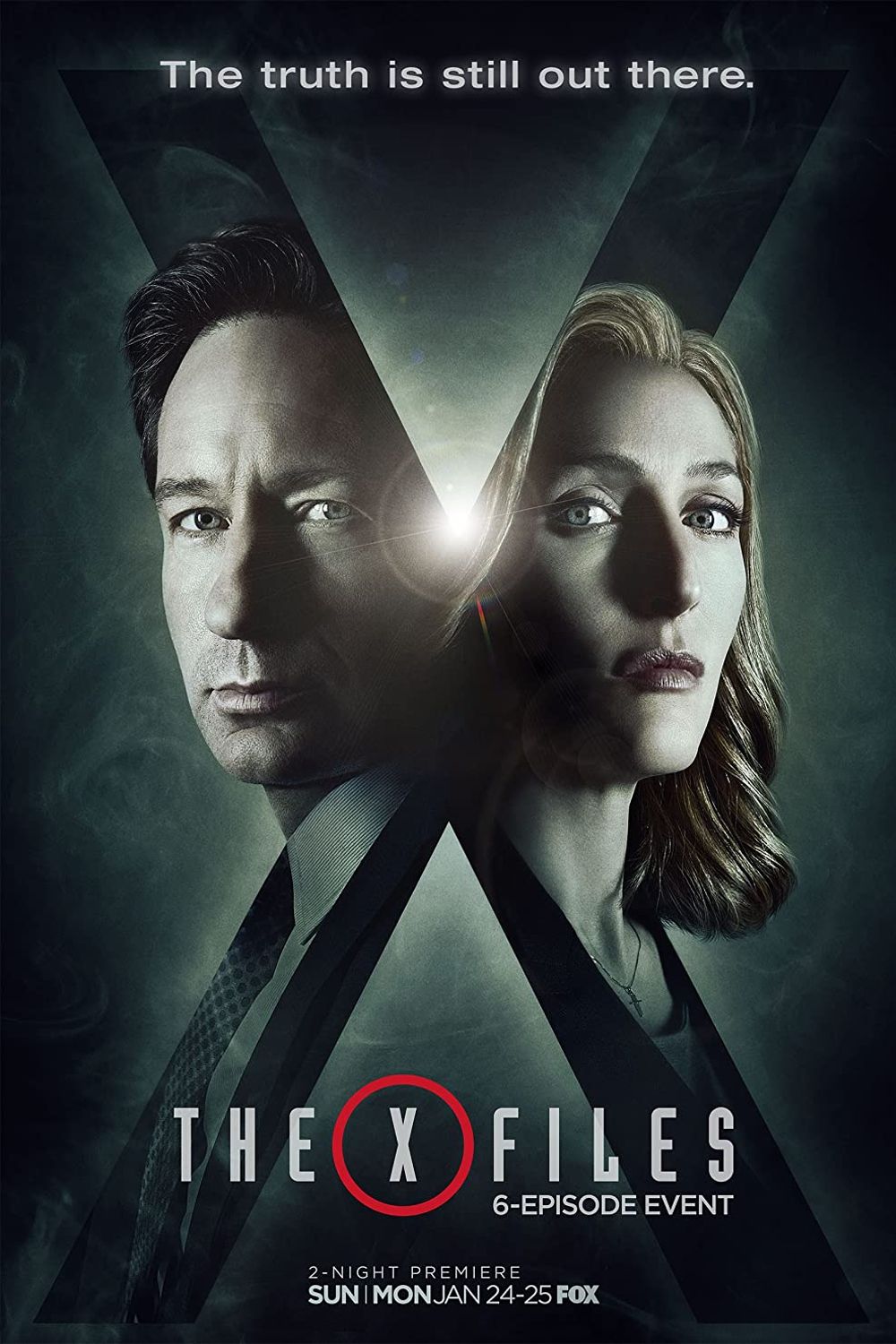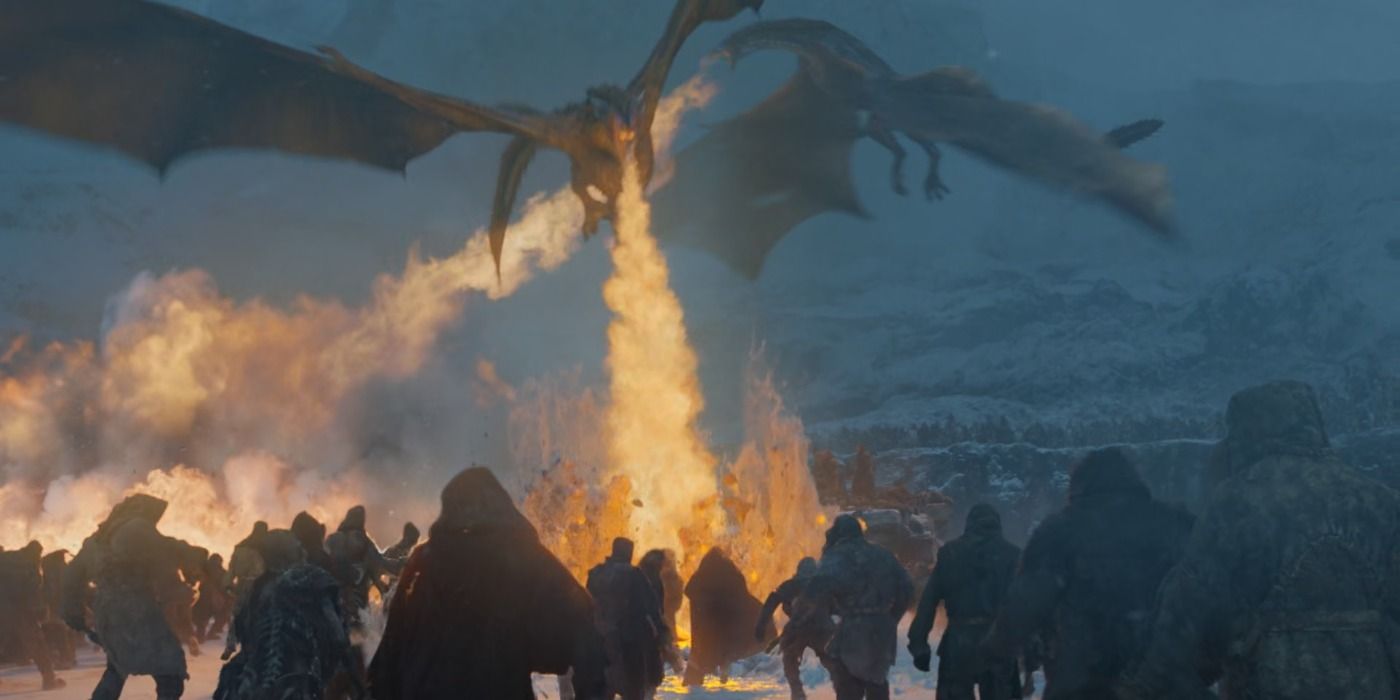As technology advances each year, so do the debates surrounding the preservation of older movies, including whether they should remain untouched or be remastered in 4k, one of the most high-definition resolutions readily available to consumers. Several films, from Disney’s first animated classic Snow White and the Seven Dwarfs to Martin Scorsese’s The Departed, have been converted from their original (of a lesser quality) resolution to 4k, seeing as 4k is slowly but surely becoming the new normal, following in the footsteps of 1080p. Of course, with change comes controversy, and some are unhappy about changing the quality of old movies.
As more releases of 4k remastered classic films are made available to the public, the greater the discussion over the validity of altering movies’ images. There are essentially two sides — some believe that older films should be preserved in their original quality for varying reasons, while others think that updating the vintage features is a good thing because it keeps them relevant (among many other arguments). Nevertheless, it seems the discourse over this matter will carry on for as long as studios continue remastering their movies in 4k and releasing them.
Complaints About 4k Remasters Of Certain Movies Explained
Some Have Criticized The Decision To Remaster Films From The Early 2000s & Before In 4k
Ever since films started getting the 4k treatment, there has been debate among consumers concerning whether the practice is a positive for the movie industry or if it’s failing to uphold what made the originals so great. In particular, one argument centers around The Warriors — the 1979 action thriller directed by Walter Hill. The Warriors, which received negative reviews upon its premiere but has since become a cult classic, chronicles a New York gang framed for the murder of their leader and is considered a timeless story. However, some were unhappy with the 4k remastered version of The Warriors.
Some argue that The Warriors in 4k “doesn’t feel right,” as expressed in a thread on X. Those who disliked the new version of the 1979 action thriller believe it’s too dark, and its image wasn’t made to be as clear as it is in 4k. Ultimately, the recent discourse over The Warriors can be applied to any argument over remastering older films. As some previously proclaimed, the 4k transfer of Peter Jackson’s Lord of the Rings ruined the original look. Additionally, when James Cameron’s movies were remastered, some were disappointed about the failure to convert the initial visuals to 4k competently.
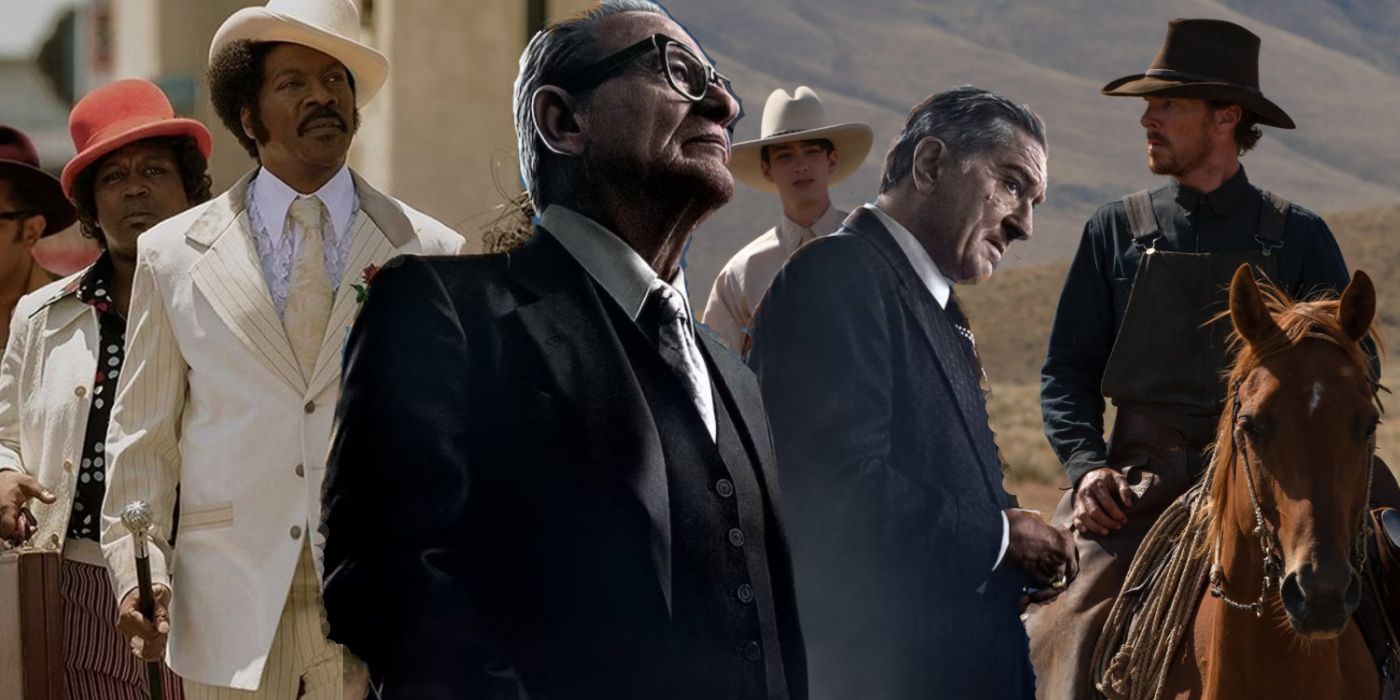
Related
The 30 Best 4K Movies on Netflix
Ultra HD viewing enhances movies from almost any era, and the best 4K movies on Netflix come from its wide selection of UHD-enabled titles.
What Film Grain Is & Why 4k Versions Of Older Movies Removing It Can Be A Problem
Removing Film Grain Is One Of The Biggest Complaints About 4k Remasters
As mentioned above, while some are against remastering older films in 4k because they believe they should retain their classic appearances, others think the process has been frequently mishandled. Those naysayers would likely be more open to the idea of transferring one movie’s original quality to 4k if it was done right. One of the reasons why several are unhappy with how some are remastered is the removal of film grain. Film grain is the random speckles one may see when watching an older movie (or sometimes newer if a filmmaker feels nostalgic).
Unfortunately, sometimes film grain is removed when converting a classic movie’s quality for a 4k TV, which disappoints those fond of the grain in the original version. Their dismay can be attributed to nostalgia, losing the story’s primary intent, or just the enjoyment of seeing film grain on their screens. However, the eradication of film grain in a 4k remaster is not an inherent issue as it’s not a necessary step in the process. Removing film grain is a choice, and it could be retained while converting a movie’s original quality to 4k.
VHS Tapes Gave Movies A Certain Look That Doesn’t Fit With 4k Remasters
Nostalgia Is A Significant Factor In The 4k Debate
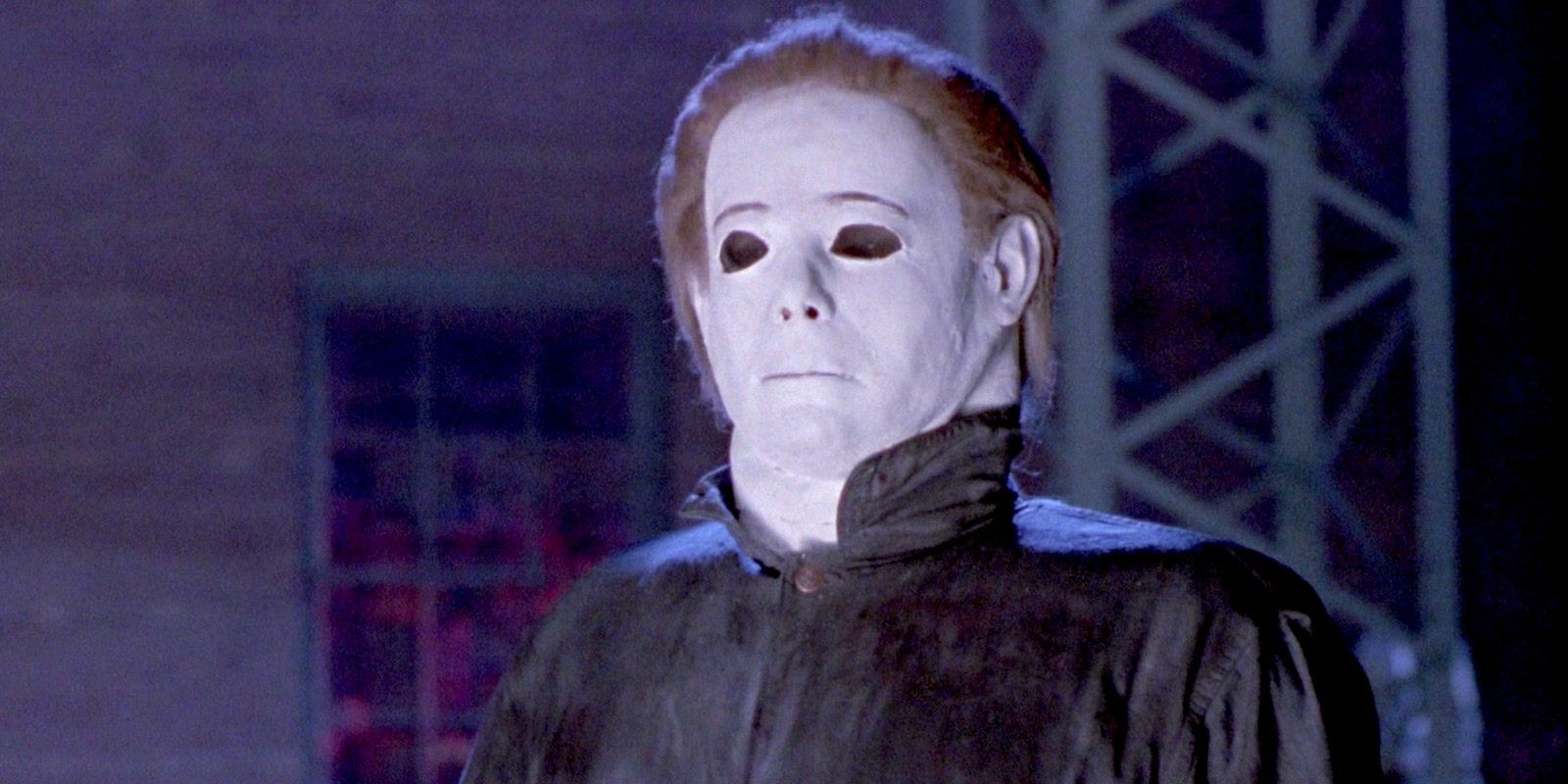
Different generations are always nostalgic for the technology (and media devices) they grew up with, so, many are understandably unhappy with the 4k remastering trend because they are sentimental about the original versions of movies from their childhood. For example, VHS tapes (essentially nonexistent in modern times due to the introduction of DVDs/Blu-ray/4k and streaming) gave films a specific look that is hard to recreate in 4k. As a result, the experience of watching older movies is ruined for some when remastered in 4k. However, since VHS tapes are rare, HD or 4k are sometimes the only options.
Motion Smoothing On Modern TVs Can Add To 4k Viewing Problems
Motion Smoothing Sometimes Changes A Movie’s Look
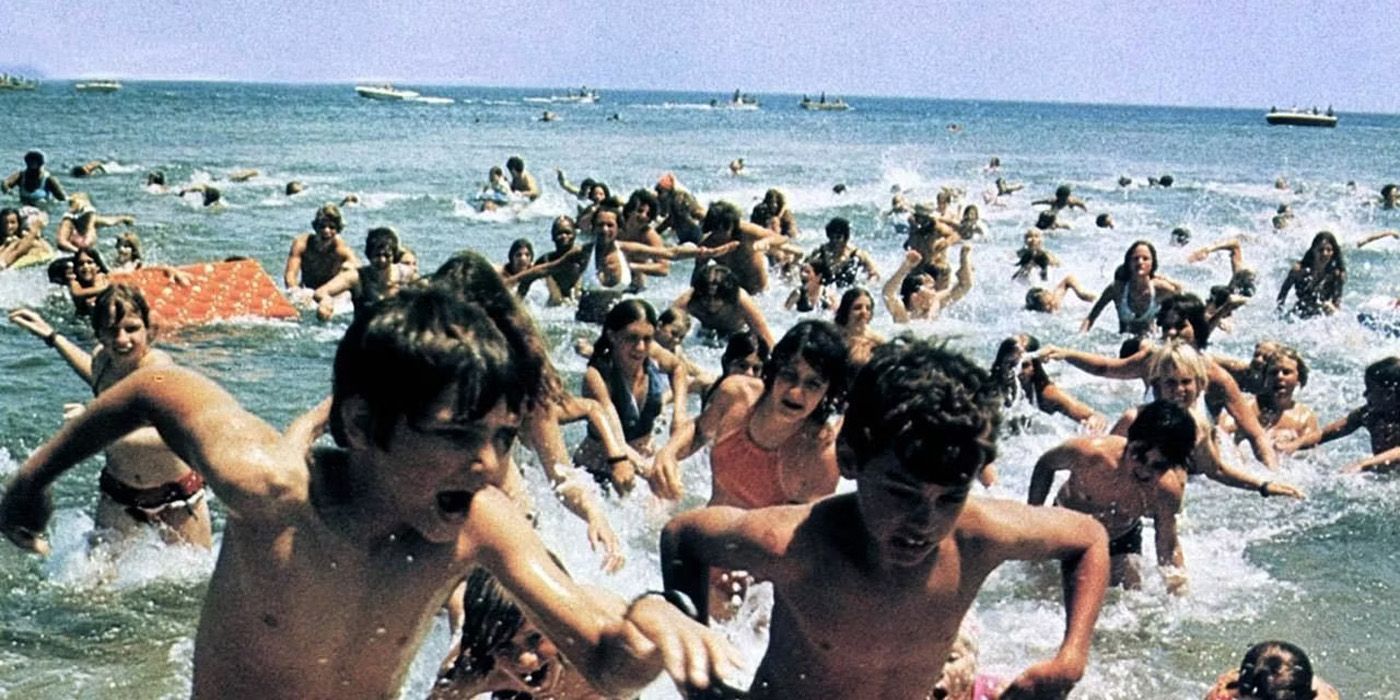
Some problems with 4k remastered versions of classic movies can occasionally be attributed to one’s TV, not the transfer process itself. Most modern TV sets have a default feature called motion smoothing, which enables a TV to add extra frames to its picture to increase the frame rate. It was created to “fix” the difference between the lower frame rates of some older movies and shows and the greater frame rates that modern TVs can run. However, motion smoothing often makes the picture look worse, especially when watching an old film that has been remastered to 4k.

Related
Disney Holding Back 4K Remasters Of Fox Movies Is Part Of A Much Bigger Problem
Disney has made the decision to hold back 4K remasters of Fox movies, and it’s a sign of a much bigger problem that needs to be addressed.
Having Older Movies In 4k Is Ultimately Great – So Long As It’s Done Right
More Vintage Films Should Be Remastered In 4k
Even though several problems exist when old movies like The Wizard of Oz or Titanic are remastered to 4k, the process (in theory) is actually beneficial for the film industry. When movies are released in higher quality and made readily available to consumers, it’s more likely that they will be preserved for future generations and their legacies can live on. When technology advances, the need for the former devices is erased. So, although VHS tapes generate nostalgia, they are practically irrelevant regarding the intake of films, while 4k is becoming the norm. However, the remastering process must improve.
Too many 4k renderings of classic movies are sloppily done when they could easily be executed in a way that retains the original artistic vision. It seems efficiency is valued more than quality, resulting in the endless debate over whether older films should be remastered in 4k. Of course, some 4k versions are well done and preserve what made the originals great, but many are poorly executed. Ultimately, 4k remasters of older movies are useful (especially since producing physical media is more important than ever in the streaming era), as long as they are done right.
Source: X
